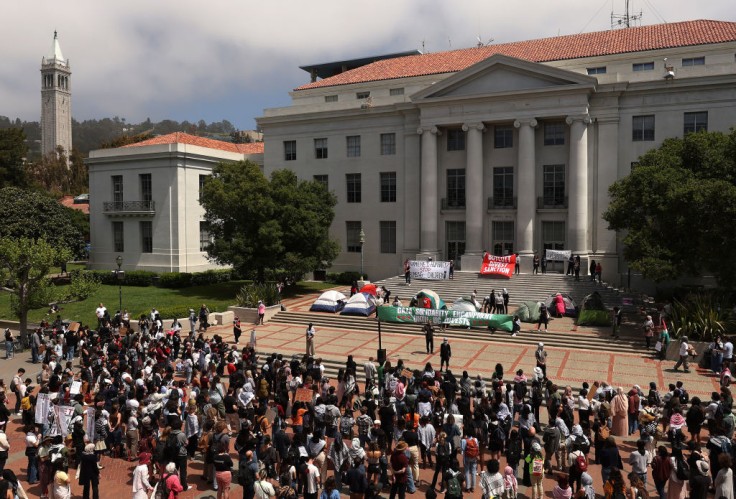Justice Department Investigates University of California System for Alleged Race- and Sex-Based Hiring Discrimination
By
The Justice Department's Civil Rights Division is investigating whether the University of California's employment practices, particularly those outlined in its "UC 2030 Capacity Plan," discriminate based on race, sex, or other protected characteristics under Title VII of the Civil Rights Act of 1964. The plan, intended to increase faculty diversity to better reflect California's population, directs UC campuses to hire "diverse" faculty members, which the DOJ alleges may involve race- and sex-based quotas that contravene federal law.
This investigation marks the second DOJ probe into the UC system this year. In March 2025, the department initiated a separate investigation into alleged antisemitism on UC campuses, focusing on whether the university allowed a hostile work environment for Jewish employees. These actions align with the Trump administration's broader push to dismantle diversity, equity, and inclusion (DEI) initiatives, which it argues promote discriminatory practices. The DOJ's focus on the UC system follows similar compliance reviews at Stanford University and other UC campuses (Berkeley, Los Angeles, and Irvine) regarding admissions policies post the 2023 Supreme Court ruling banning race-conscious admissions.
The UC system, a public institution serving over 280,000 students across 10 campuses, has long been a leader in diversity initiatives. Its 2030 Capacity Plan explicitly aims to diversify faculty to support underrepresented student populations, a goal the university defends as compliant with California's Proposition 209, which banned affirmative action in 1996. Critics, however, argue that such initiatives may prioritize demographic metrics over merit, potentially violating federal civil rights laws. David Bernstein, a professor at George Mason University's Antonin Scalia Law School, noted in an email that while he lacks specifics on UC's hiring practices, "preferences in faculty hiring are pervasive" and generally not permitted under existing legal precedents.
The investigation comes amid heightened scrutiny of DEI programs nationwide. The Trump administration has targeted higher education institutions, threatening to withhold federal funding over policies perceived as discriminatory. This probe could set a precedent for how public universities balance diversity goals with federal anti-discrimination laws, particularly as legal challenges to DEI initiatives grow following the 2023 Supreme Court decision in Students for Fair Admissions Inc. v. Harvard.
A UC spokesperson responded to the investigation, stating, "The University of California will work with the Justice Department in good faith during the investigation." This cooperative stance contrasts with tensions between the Trump administration and California's Democratic leadership, including Governor Gavin Newsom, who recently sued over federal actions involving the California National Guard.
Impact on Higher Education
The DOJ's investigation into the UC system could have far-reaching implications for higher education policy, particularly for public universities navigating diversity goals under legal scrutiny. If the DOJ finds evidence of Title VII violations, the UC system may face mandates to revise its hiring practices, potentially affecting faculty recruitment and campus diversity initiatives. This could ripple across other institutions, prompting a reevaluation of DEI policies to ensure compliance with federal law.
For students and faculty, the probe raises questions about the future of inclusive hiring practices and their role in fostering equitable academic environments. Critics of the investigation argue it may chill efforts to address systemic inequities, while supporters see it as a step toward merit-based hiring. As the UC system cooperates with the DOJ, the outcome could redefine how universities balance diversity with legal obligations, shaping higher education policy for years to come.
© 2025 University Herald, All rights reserved. Do not reproduce without permission.








